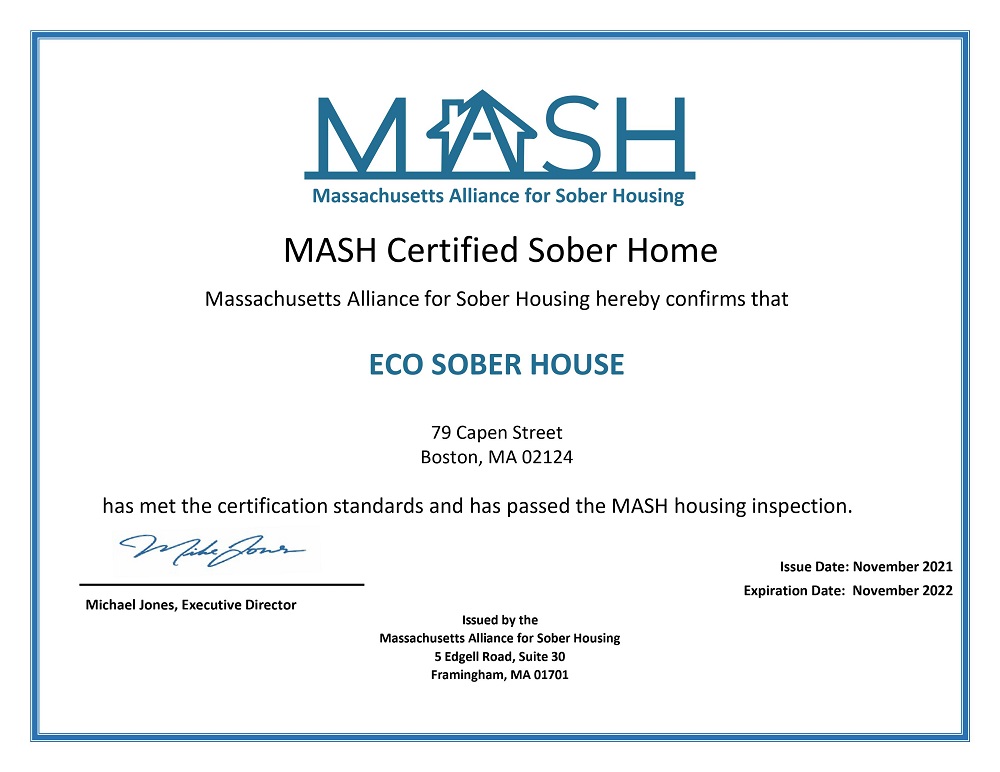Feeling drunk without alcohol was just the start Your Healthy Living Resource
Of course, it’s important to set (and enforce) clear boundaries around behavior that affects you negatively, like angry outbursts or dishonesty. But it’s also important to cultivate patience as they work toward making changes. It’s equally important to explore the habits and reasons behind your drinking, ideally with a qualified therapist. “Treatment should focus on understanding and treating why someone turned to alcohol,” Turner says. Maybe you start by simply going to the gym at a certain time most Twelve-step program days of the week. Don’t stress too much about doing a huge workout; just focus on getting yourself there.
How to Rewire Your Brain Without Overhauling Your Life
- It’s not just about abstaining from substances but also addressing the deep-seated emotional and psychological challenges that fuel addiction.
- The following are some questions people often ask about drinking alcohol.
- These tools could be exercise, prayer, meditation, or AA meetings.
- Some people don’t know it’s possible for people to be intoxicated without alcohol, so they may falsely accuse you of drinking.
Even one night of heavy drinking can impair your mental clarity, https://www.dillyhearts.com/how-to-lower-your-weed-tolerance-for-greater/ disrupt sleep, and leave you with physical side effects. A BAC above the legal limit for driving (0.08% in most regions) can increase the risk of accidents, injuries, and impaired judgment. It generally takes the body about one hour to metabolize each standard drink, though individual rates vary. That means if you consume multiple drinks over a short period, you could still have elevated BAC levels several hours later. Even after you no longer feel intoxicated, small amounts of alcohol can linger in your body, with a notable effect on your sleep, mood, and mental clarity. Understanding how long alcohol stays in your system and the lasting effects of even short-term drinking can be a powerful motivator for those considering a shift to sobriety.
Free Blood Test Analysis

They may still be behaving as if they were still drinking alcohol, or they may develop new unhealthy habits or mindsets. Ultimately, they are not learning or utilizing skills to help them stay sober. Alcohol absorption and metabolism determine whether you can wake up drunk.

The Aftermath: “Hangxiety” and Poor Sleep
Ever wonder why a couple of drinks can turn a fun night into a rollercoaster of feelings? It’s a common experience where what does being drunk feel like alcohol seems to turn up the volume on everything you’re feeling. But does alcohol amplify emotions, or does it just lower our inhibitions?
Factors such as sleep disturbances, changes in diet, mental stress related to sobriety can contribute to this long-term effect. It’s important to recognize and accept that this phase, just like the detox phase, is only temporary. The rewards of maintaining sobriety far outweigh the temporary discomforts and you are not alone in this journey.
- These symptoms usually start within 6 to 24 hours after your last drink and may last for up to a week.
- Your liver processes alcohol at a consistent rate, typically about one standard drink per hour (e.g., 12 ounces of beer, 4 ounces of wine, or 1-1/4 ounces of 80-proof distilled spirits).
- It affects the brain by interacting with GABA receptors, and GABA is the neurotransmitter to blame for any feelings of pleasure or euphoria you might have.
- Additionally, alcohol consumption can affect a person’s reaction time.
Chemical Changes In The Brain
In such scenarios, a discussion with your doctor might pave the way for medication adjustment. Support groups can offer a sense of community and understanding, which in turn can alleviate emotional exhaustion. Hearing experiences of those who’ve been in similar shoes can be tremendously reassuring.
